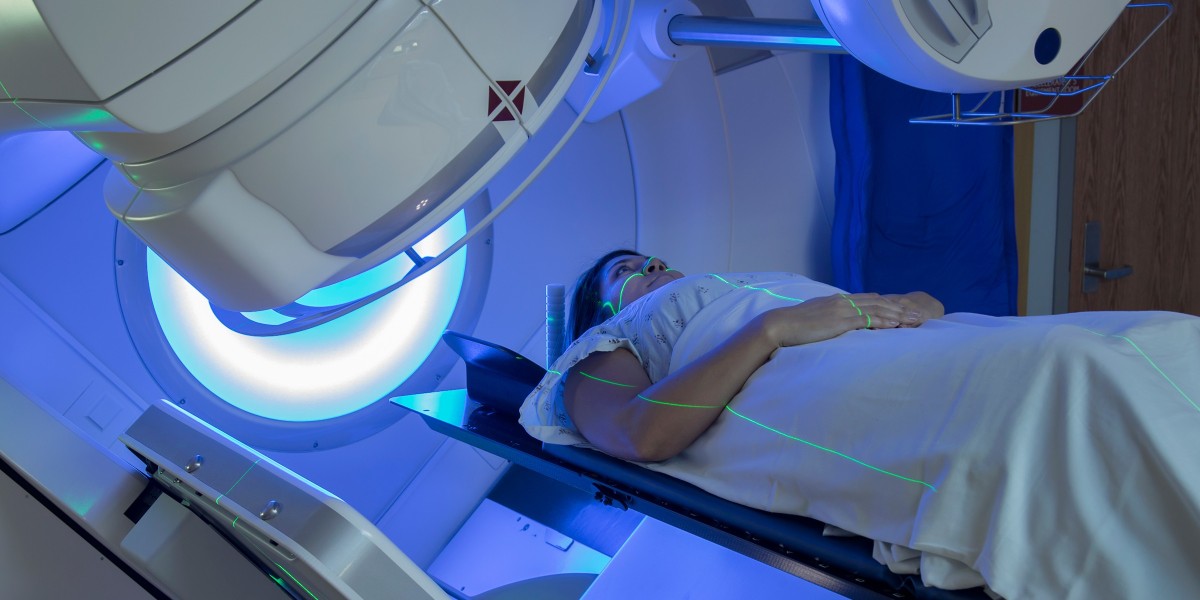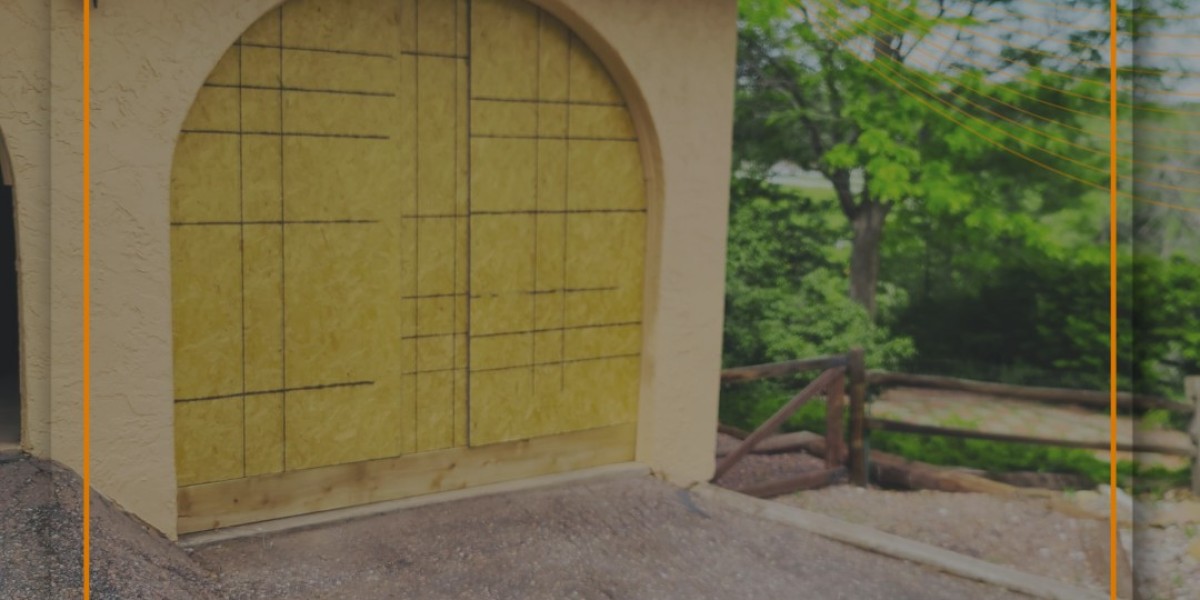In today’s fast-paced world, health is often overlooked until problems arise. One crucial aspect of preventive health care is oncological screening. In Riyadh, access to advanced screening services is essential for early cancer detection. This blog will explore the significance of oncological screening in Riyadh(الكشف عن الأورام بالرياض) its types, benefits, and what individuals should know to take control of their health.
Understanding Oncological Screening
What is Oncological Screening?
Oncological screening refers to tests and examinations that are conducted to detect cancer before symptoms appear. Early detection is crucial as it can significantly improve treatment outcomes and survival rates.
Why is Oncological Screening Important?
Cancer can develop silently, making early detection vital. Regular screening can help identify cancer in its early stages when it is most treatable. In Riyadh, various facilities offer screening options tailored to meet the needs of different populations.
Types of Oncological Screening Available in Riyadh
Common Screening Methods
There are several methods used in oncological screening in Riyadh. These methods vary based on age, gender, and risk factors:
- Mammograms: Recommended for women, these X-ray exams can detect breast cancer early.
- Colonoscopy: This procedure screens for colorectal cancer and is suggested for adults starting at age 45.
- Pap Smears: Women undergo this test to detect cervical cancer and related abnormalities.
- Prostate-Specific Antigen (PSA) Test: This blood test is used for early detection of prostate cancer in men.
Advanced Screening Technologies
In addition to traditional methods, Riyadh is equipped with advanced technologies such as:
- MRI and CT Scans: These imaging techniques provide detailed pictures of the body, helping to identify tumors.
- Genetic Testing: Identifying genetic mutations can help assess cancer risk and guide screening strategies.
Benefits of Oncological Screening
Early Detection Saves Lives
The primary benefit of oncological screening in Riyadh is early detection. Catching cancer at an earlier stage increases the likelihood of successful treatment and recovery.
Tailored Screening Plans
Healthcare providers in Riyadh offer personalized screening plans based on individual risk factors, family history, and lifestyle. This tailored approach ensures that everyone receives the most appropriate screening.
Peace of Mind
Knowing your cancer risk and undergoing regular screenings can provide peace of mind. It helps individuals feel more in control of their health and well-being.
Risk Factors for Cancer
Understanding Your Risk
Several factors can increase the likelihood of developing cancer, including:
- Age: The risk of many cancers increases with age.
- Family History: A family history of cancer can indicate a higher risk for certain types.
- Lifestyle Choices: Smoking, poor diet, lack of exercise, and excessive alcohol consumption can contribute to cancer risk.
Discussing Risk Factors
Understanding personal risk factors is essential in developing a proactive screening strategy. Individuals should discuss their risk with healthcare professionals to determine the most suitable screening approach.
How to Prepare for Oncological Screening
Scheduling Your Screening
Regular screenings should be part of everyone’s health routine. In Riyadh, scheduling appointments for oncological screening is easy, and various facilities offer flexible timings to accommodate busy lifestyles.
Preparing for Your Appointment
Depending on the type of screening, specific preparations may be required. For instance:
- For a colonoscopy, patients may need to follow a special diet beforehand.
- Women may be advised to avoid certain products before a mammogram.
What to Expect During the Screening
Knowing what to expect can ease anxiety about screening procedures. Most screenings are quick and relatively painless, providing valuable information about your health.
Interpreting Screening Results
Understanding Your Results
After undergoing screening, it is important to understand the results. Healthcare professionals will explain what the findings mean and whether further testing or action is needed.
Follow-Up Procedures
If a screening indicates potential issues, follow-up procedures may include additional tests, biopsies, or imaging studies to confirm or rule out a diagnosis.
The Role of Community in Oncological Screening
Public Awareness Campaigns
Raising awareness about oncological screening in Riyadh is crucial for encouraging individuals to participate in preventive health measures. Community programs often provide information on the importance of regular screenings and how to access them.
Support Groups and Resources
Support groups play an essential role in helping individuals navigate their health journeys. They provide resources, emotional support, and practical advice on managing health concerns related to cancer.
Conclusion
In conclusion, oncological screening in Riyadh is a vital component of preventive healthcare that can save lives through early detection. By understanding the importance of screening, knowing the available methods, and recognizing personal risk factors, individuals can take proactive steps toward safeguarding their health. Regular screenings not only empower individuals with knowledge but also foster a healthier community committed to early cancer detection and prevention. Don't wait for symptoms—take charge of your health today and prioritize regular oncological screenings.









